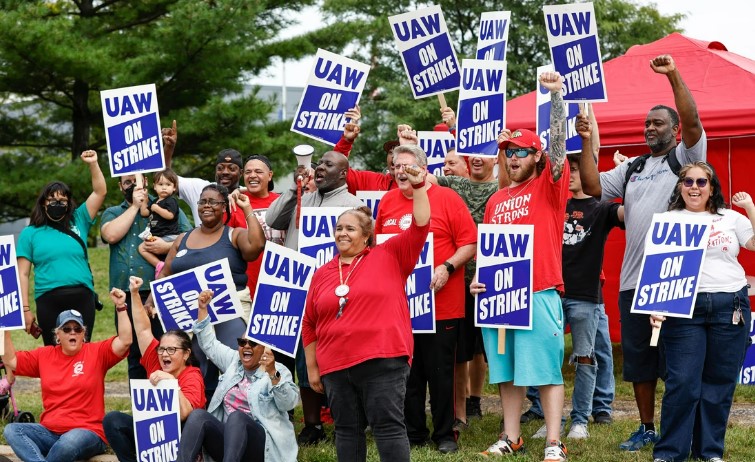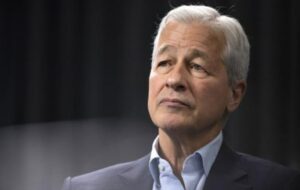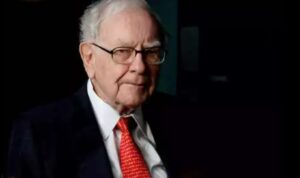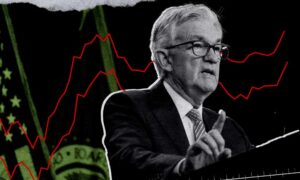In 2023, the labor movement had a significant and generally fruitful year. In the automotive industry, this was nowhere more evident than when, after a six-week standoff in the autumn, the United Auto Workers (UAW) negotiated significant concessions with the Big Three (GM, Ford, Stellantis).
The long-term consequences of the “historic” contract, as described by the UAW, will be experienced by nonunion automakers and the Big Three as they confront the reality of empowered employees. Despite the presence of cautionary indicators, even seasoned executives at the Big Three were taken aback by the unprecedented popularity of labor and the UAW’s unconventional approach.
The subsequent events and their implications for the UAW and the automotive industry are detailed below.
Everything started in the summer. The Big Three had been making preparations for negotiations with the UAW prior to mid-September, when the union’s collective bargaining agreement was set to expire. However, this occurred as unionization efforts gained momentum nationwide, placing pressure on businesses to respond with substantial offers or face the repercussions.
Just prior to a threatened strike, the Teamsters’ negotiations with UPS precipitated significant upheaval within the labor movement and the industry with the announcement of a substantial provisional agreement. Veteran full-time UPS drivers will now earn $49 per hour by the conclusion of their contracts; UPS CEO Carol Tomé estimates that their annual compensation, including benefits, will increase from approximately $145,000 to $170,000.
Corporate America was astounded by the announcement of the agreement; memes satirizing UPS drivers’ lavish lifestyles were already popular.
This was the case for employees of American Airlines, Starbucks, and REI retail who sought to capitalize on the dominance of labor unions in the United States. Furthermore, in the period preceding the UAW’s contract expiration deadline, the Screen Actors Guild (SAG) and Writers Guild of America (WGA) engaged in protracted labor disputes with the Alliance of Motion Picture and Television Producers (AMPTP), colloquially referred to as the “Hollywood” strikes.





